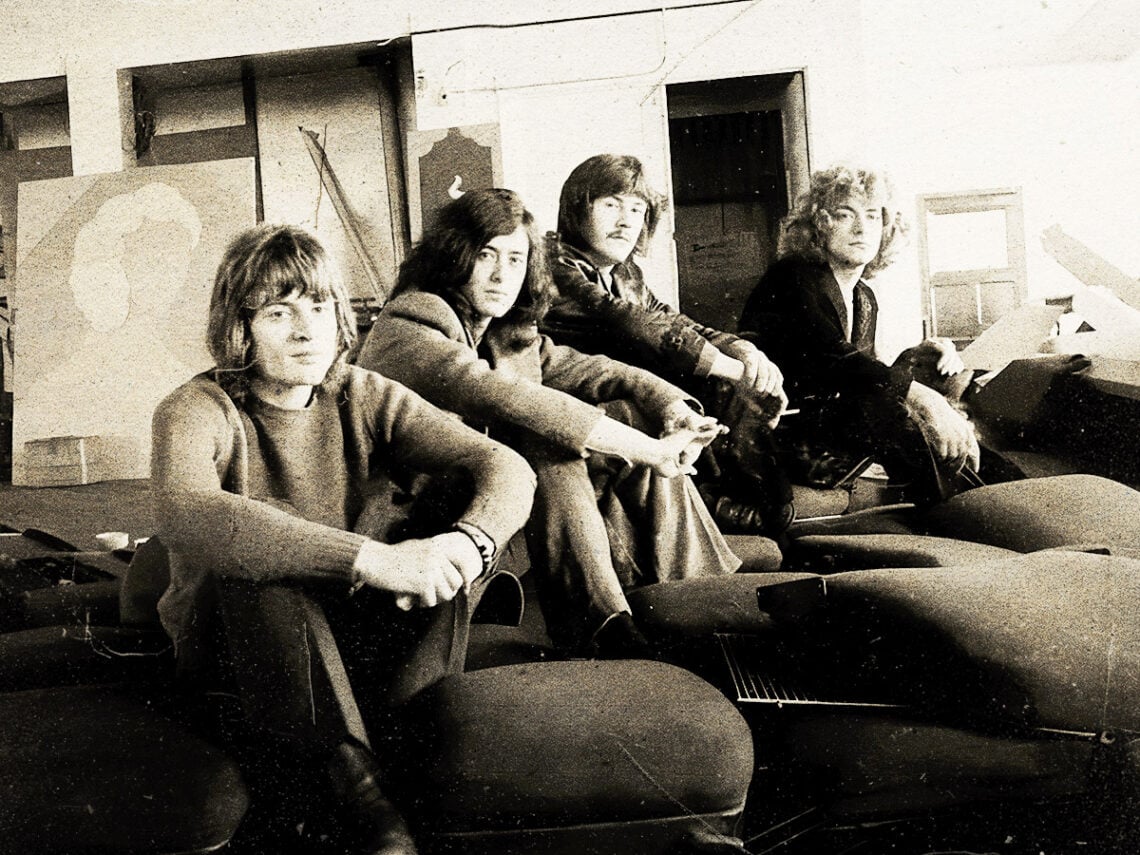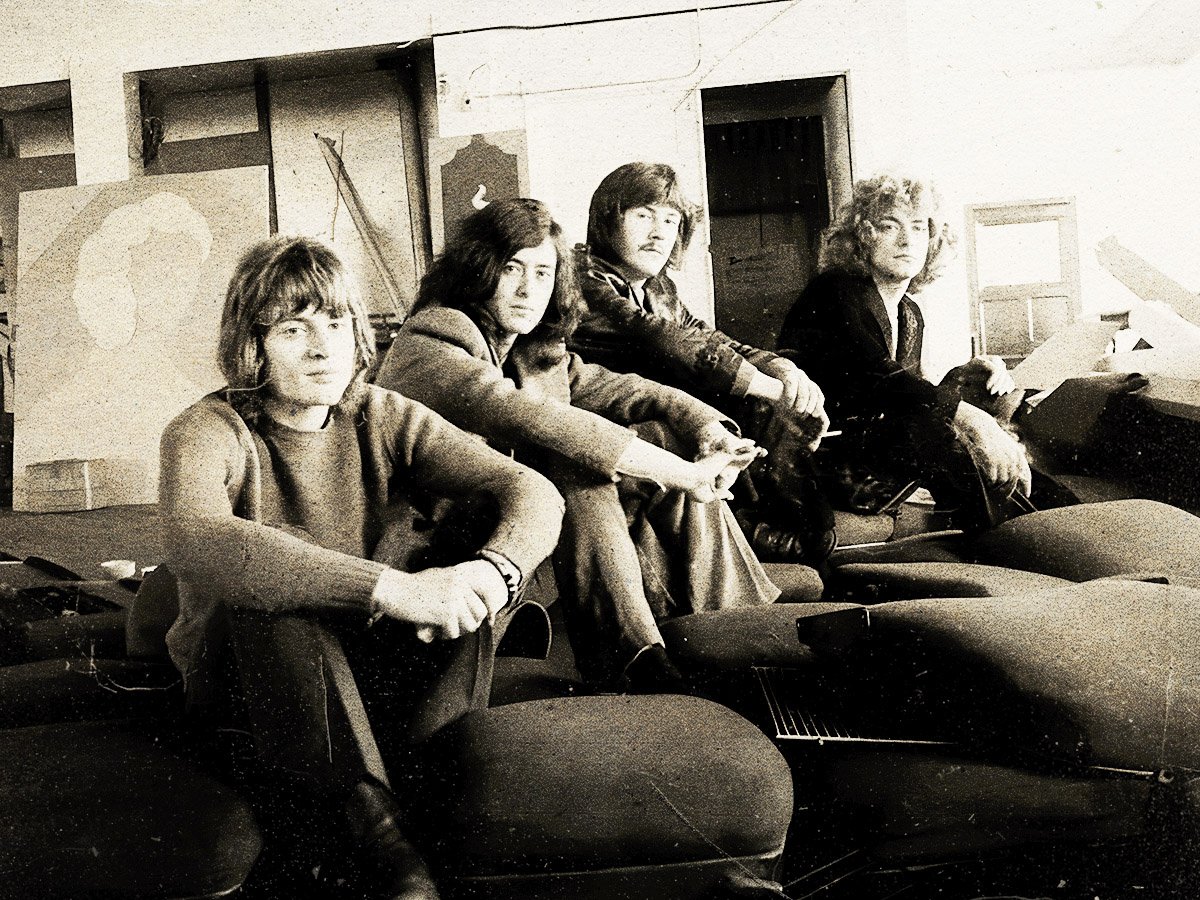
(Credits: Far Out / Alamy)
Tue 12 August 2025 16:00, UK
Led Zeppelin was Jimmy Page’s idea, and he went into the band with a clear idea of what kind of music he wanted a rock ‘n’ roll four-piece to make.
“I had a lot of ideas from my days with The Yardbirds. The Yardbirds allowed me to improvise a lot in live performance, and I started building a textbook of ideas that I eventually used in Zeppelin,” said Page when discussing his vision for the band. “I wanted Zeppelin to be a marriage of blues, hard rock and acoustic music topped with heavy choruses – a combination that had never been done before […] Lots of light and shade in the music.”
While their first jam session started relatively slow, once the band clicked into gear and better understood the kind of sound that Page was after, it was easy for them to put the pieces together and create something truly unique. Everyone left that jam incredibly excited, as it marked the beginning of the rest of the band’s career.
While Page took the lead on a lot of their earlier songs, once other band members had clicked and recognised the kind of sound they were going for, there was a lot of collaboration. John Bonham, Robert Plant and John Paul Jones all came forward with ideas, to the extent that when you listen to a lot of Led Zeppelin songs, chances are, you’re listening to a great deal of collaborations that the band have worked on together.
John Paul Jones is arguably one of the most underrated members of Led Zeppelin. His work with the band often flies under the radar because of the fact that he was the bassist responsible for holding a lot of the band’s rhythm section together. While other band members let their creativity get the best of them, Jones was responsible for glueing the sound of the band together. It might not be the most glamorous job, but it was incredibly necessary.
While understated, John Paul Jones was responsible for writing some of the band’s most famous tracks. For instance, ‘Black Dog’, one of Zeppelin’s more complicated tunes, was penned by Jones while he was on a train. Equally, the initial idea for the band’s song ‘No Quarter’ was one of Jones’s.
‘No Quarter’ ended up becoming a point of contention for Led Zeppelin. Jones wrote the song so that he could step away from the bass somewhat. The song saw him go behind the piano and allowed him to show off his ability with the keys. Fans loved it, and, as such, became a live staple for the band, with every member feeling somewhat drawn to it.
Since the band split up, Led Zeppelin reunions have been one-off shows for different charitable benefits. Prior to these events, however, the closest the band came to a reunion was in the ‘90s when Jimmy Page and Robert Plant decided to reunite as a duo. Jones knew about the reunion and was fine with it; however, he assumed they would be working on new material. When it eventually came out that the two of them were playing Led Zeppelin songs, Jones understandably felt blindsided.
To add insult to injury, Plant and Page had named their partial reunion after the song that Jones wrote and was famous for playing, ‘No Quarter’. They recorded a new version of the track and played it live a few times. Jones was insulted by their decision to play Zeppelin songs and to name the recordings after one of his specific Zeppelin songs, so much so that the next time the band were on stage together, the bassist decided to make a backhanded joke about it.
When the three of them were on stage accepting their award for entry into the Rock and Roll Hall of Fame, when John Paul Jones had the mic, he kept things simple: “I’d like to thank my friends for finally remembering my phone number,” he said.
Related Topics
The Far Out Led Zeppelin Newsletter
All the latest stories about Led Zeppelin from the independent voice of culture.
Straight to your inbox.
